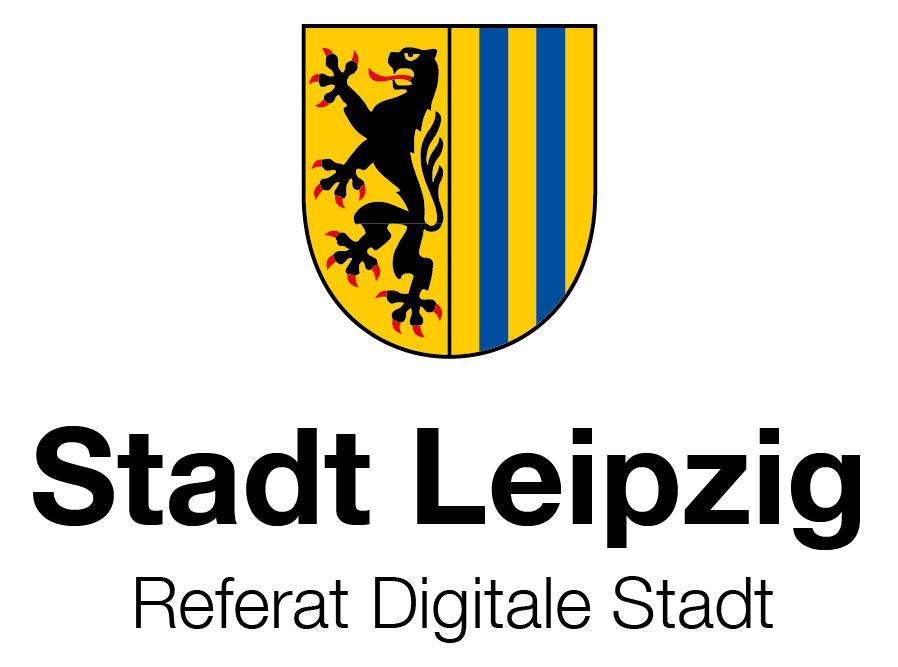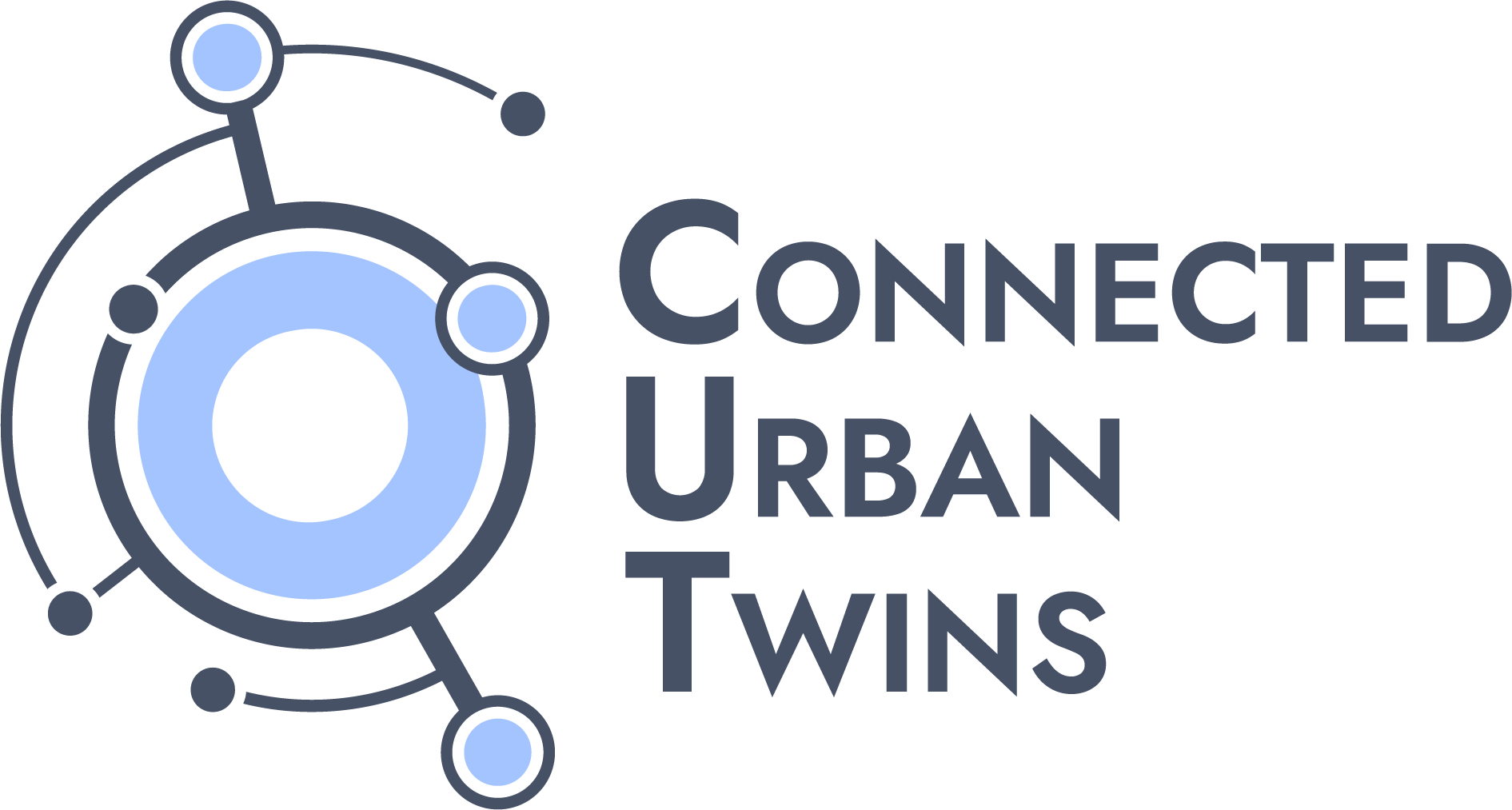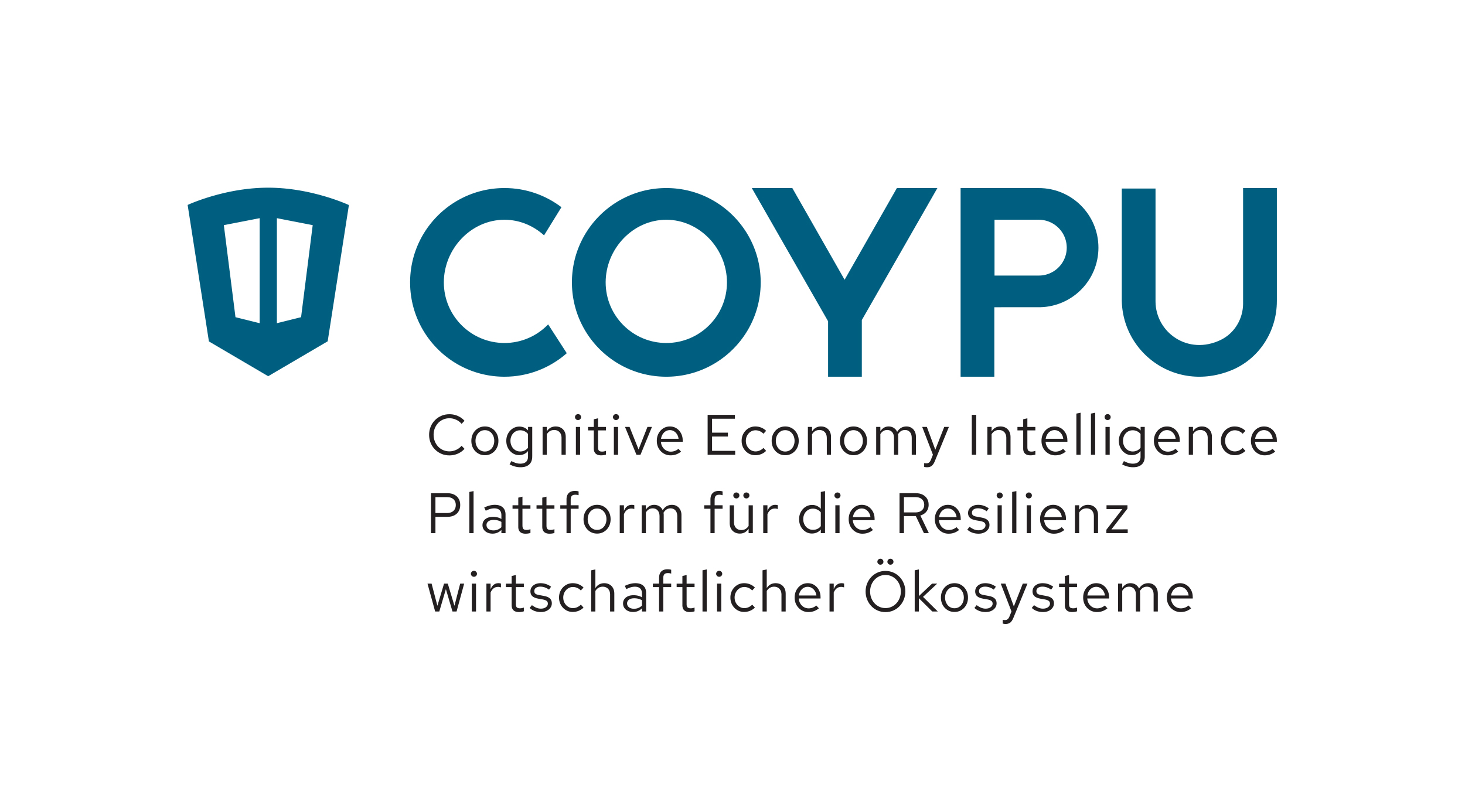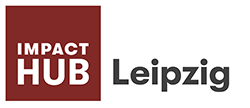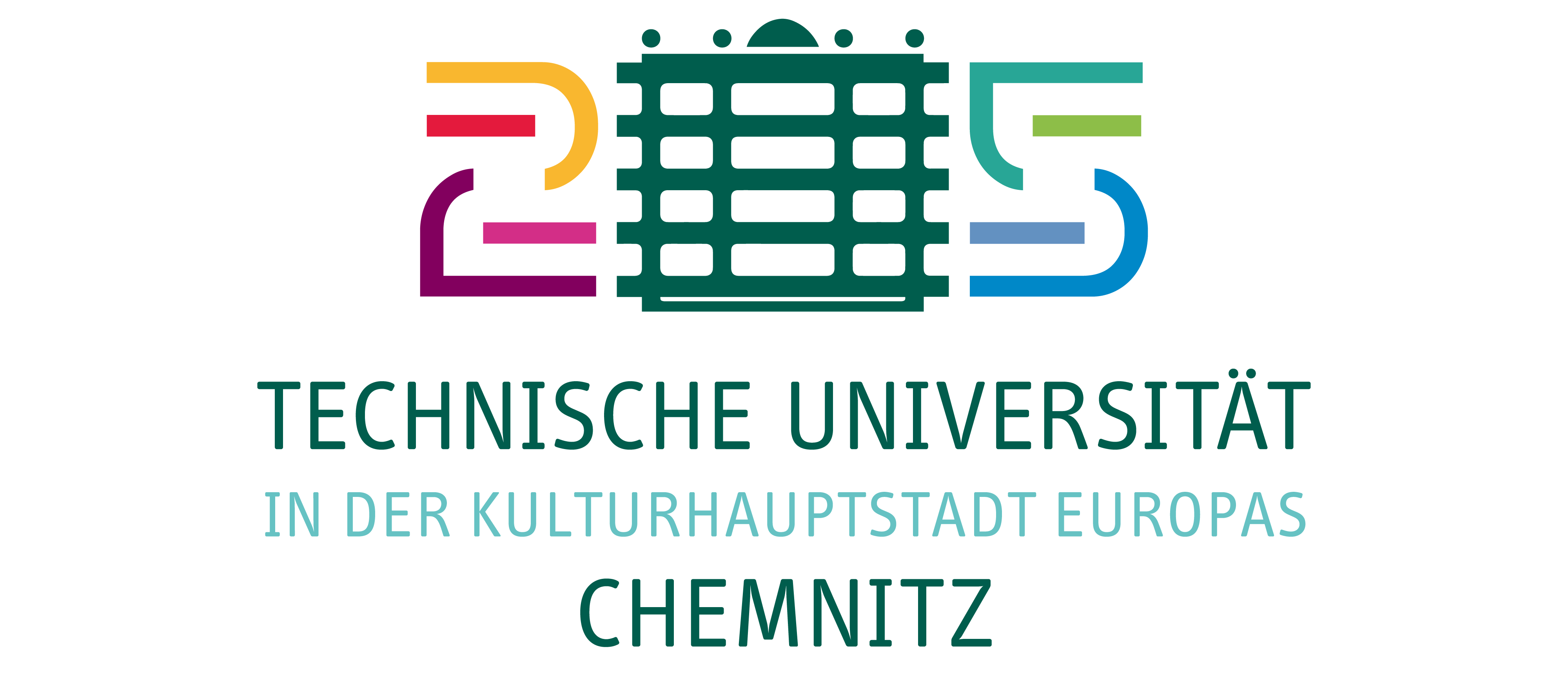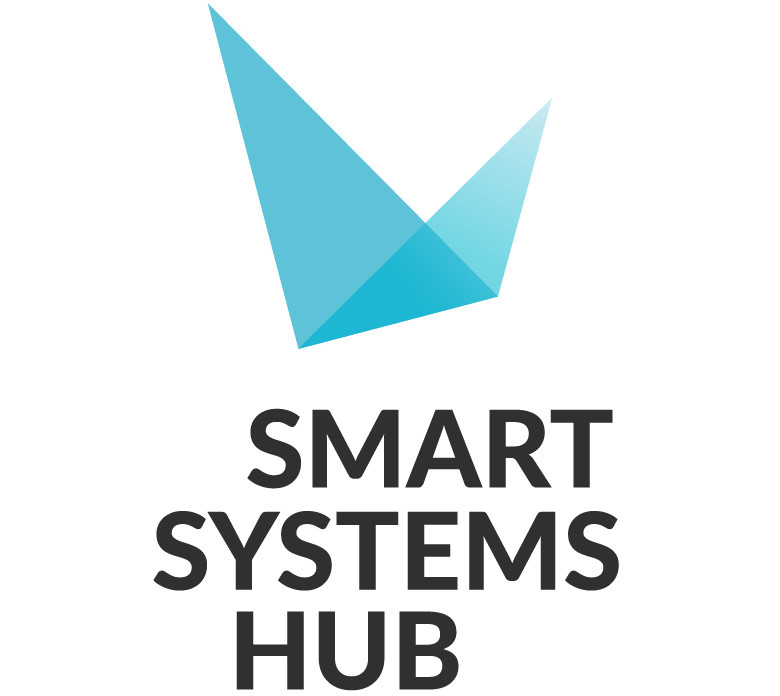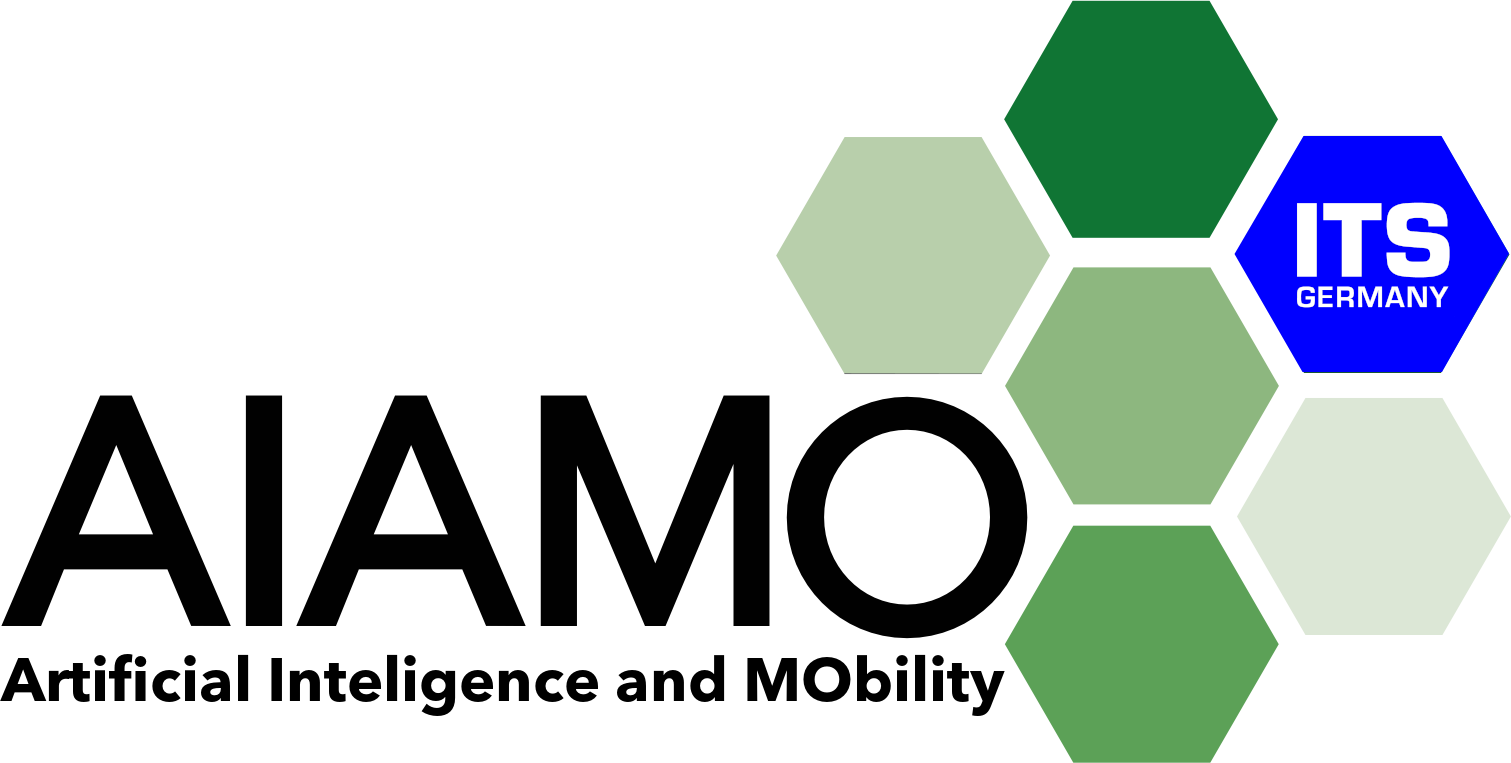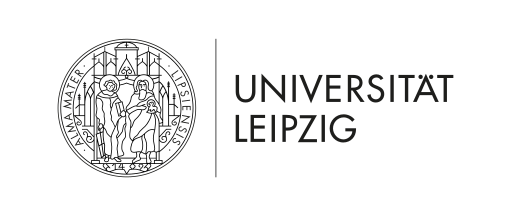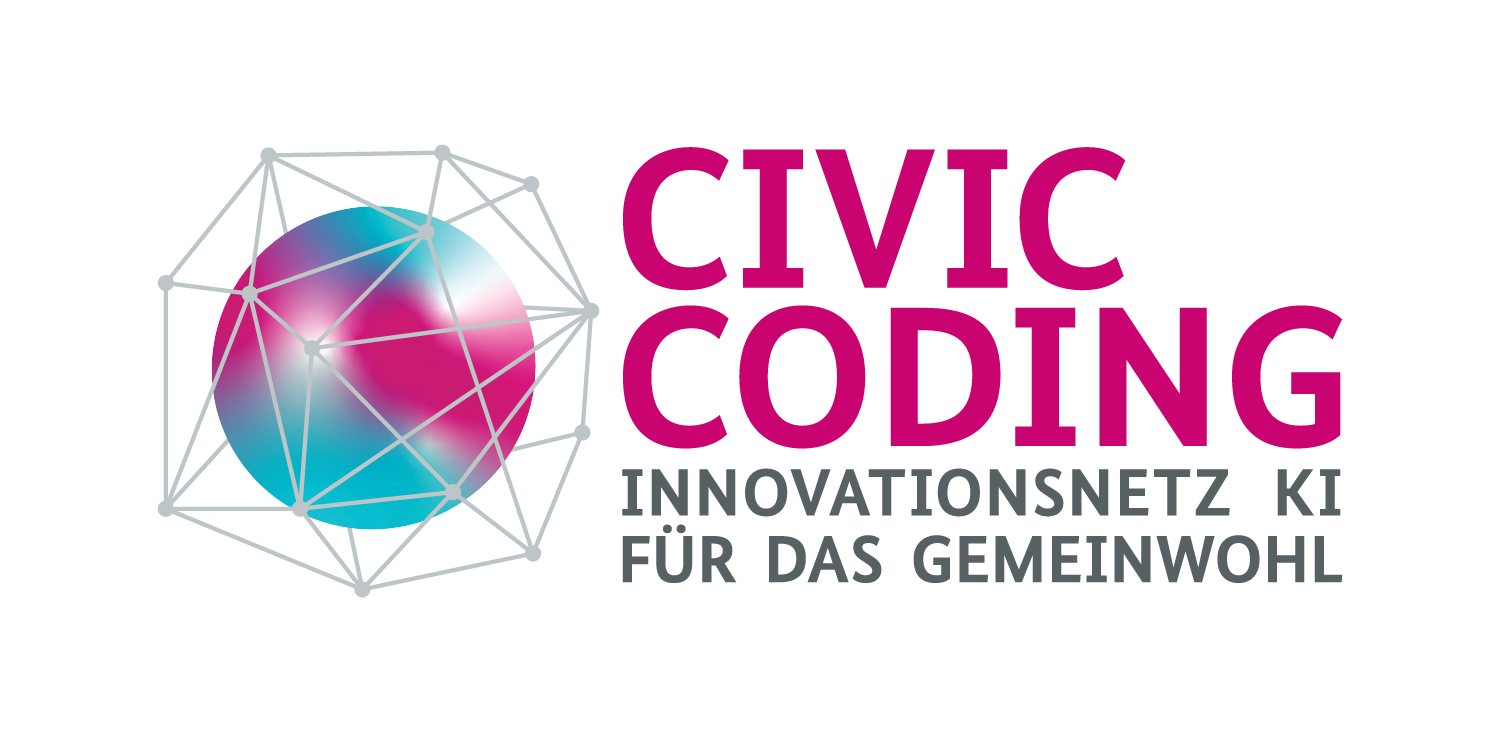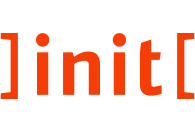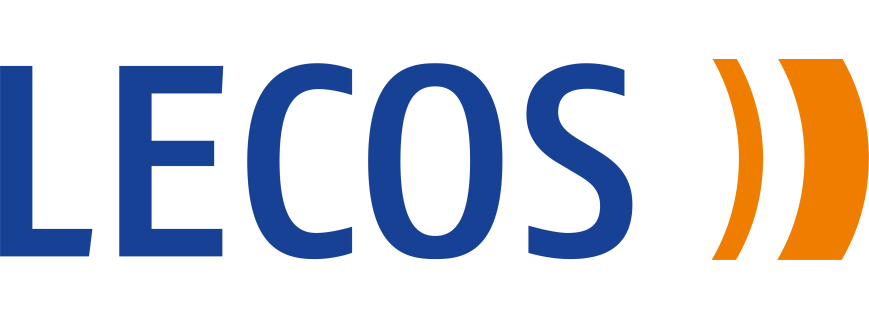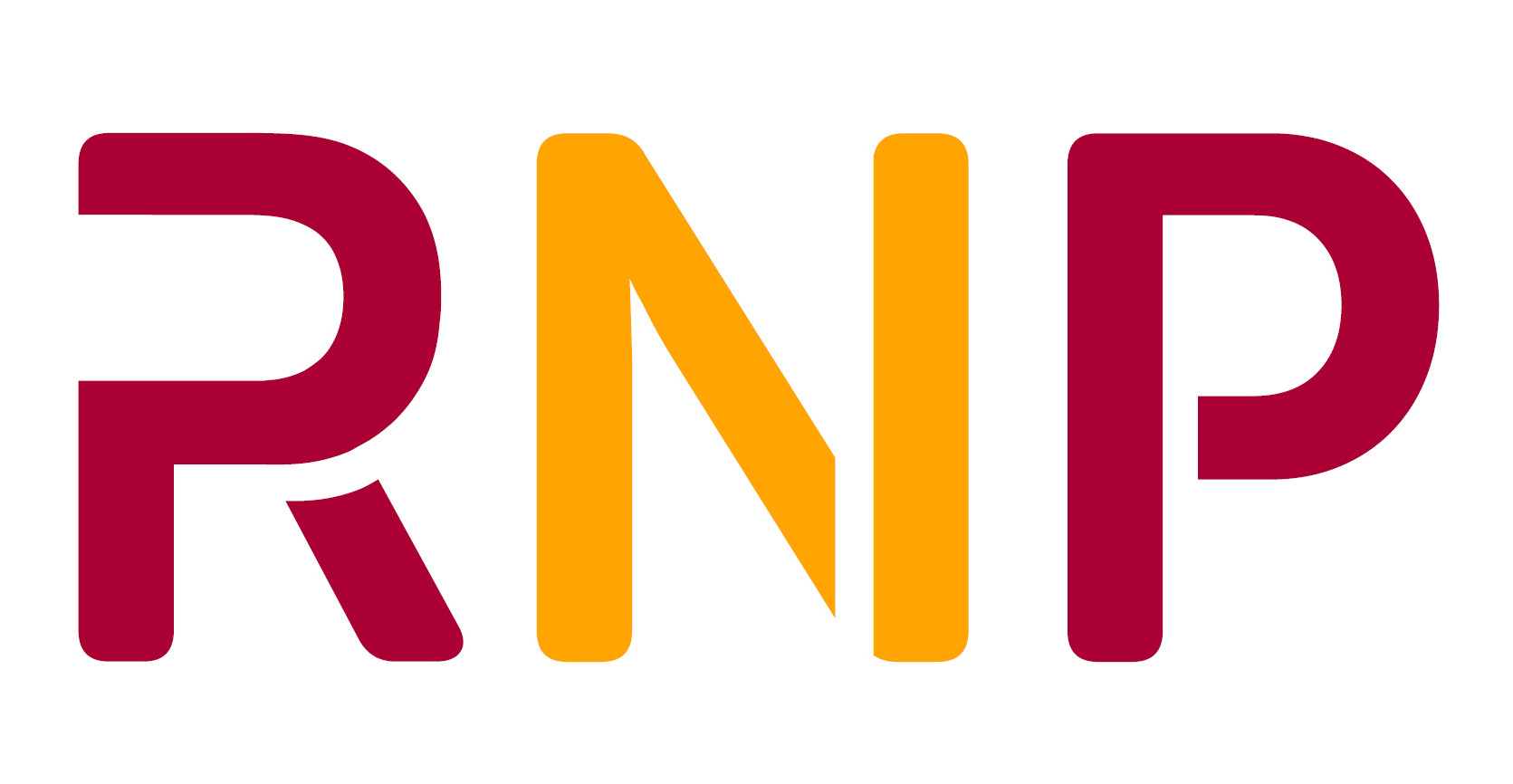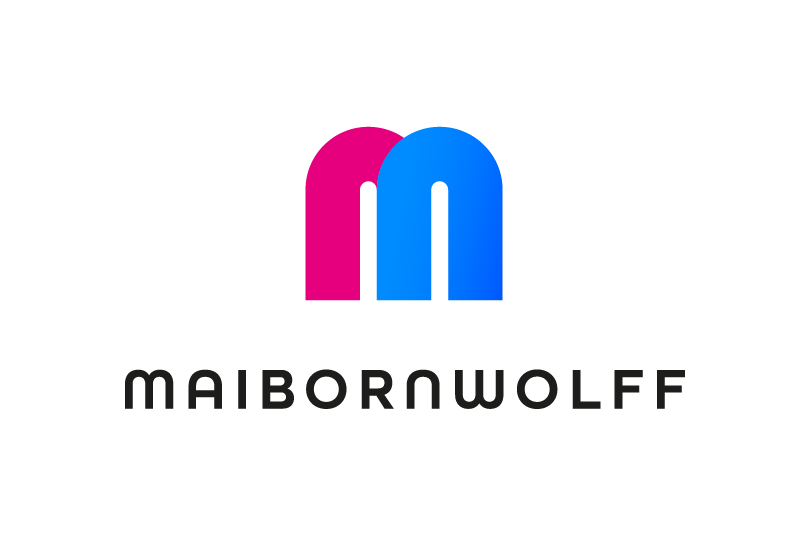Tracks
09:00
AI as an all-rounder? - Demystifying AI and using it in an impact-oriented way
- | Room 270 | German
AI is not an end in itself: in this interactive workshop at CityLAB Berlin, participants will learn how to realistically assess the use of AI in the work context and how to design it in a targeted manner using a practical example. At the end, they will receive a practical “compass” for assessing the suitability of AI in administration and beyond.
09:00
How does data get into AI? (organized by the KMI project at InfAI)
- | Room 259 | German
Dr Sandra Schumann will give an introductory keynote entitled ‘AI: hype or tool?’, which takes a critical look at the question of whether AI is an overrated trend or actually a useful tool that supports people in their everyday lives and in the world of work. When used correctly, AI can improve a variety of work processes or support automation, but the question of the data basis poses challenges for SMEs in particular. The interactive workshop that immediately follows addresses these barriers, sheds light on the technical aspects of developing AI applications with a focus on the data required for this and offers specific assistance.
09:00
Shaping transformation - How does organisational development succeed? (organized by the KMI/ROOTS and ReOrga projects at InfAI)
- | Room 377 | German
In the workshop, we will address the question of how framework conditions, structures and processes in organizations can and must be designed in order to deal with constantly new challenges. A culture that promotes innovation is a decisive factor here. In the workshop, we will discuss with the participants what constitutes such a culture and how an innovation-promoting working environment must be designed in order to ensure the adaptability of organizations necessary for transformation processes. Registration required at roots@leipzig.de.
09:00
Automate administrative tasks with REDCap (organized by the University of Leipzig - Faculty of Medicine)
- | Room 369 | German
- | Room 369 | German
REDCap (projectredcap.org) is a free, easy-to-use data management tool that originated in the field of research and is used by millions of users in over 7500 public institutions. In a hands-on workshop, we want to implement classic administrative tasks completely from form design, (online) data collection to reporting, dashboards and data export in REDCap and show with which extended functions (and over 3000 available additional modules) REDCap goes far beyond other systems.
09:00
The AI revolution in public administration: seizing opportunities, ensuring compliance - from automated process relief to digital co-workers (organized by YNEO.ai and Adacor Hosting GmbH)
- | Room 260 | German
In this presentation, Andreas and Sebastian will guide participants through the opportunities and challenges of the AI revolution in public administration. Andreas will show how governance concerns can be overcome and how AI can be put on a legally compliant footing. He addresses specific issues relating to data protection, GDPR compliance and dealing with various AI platforms. Sebastian also focuses on cognitive AI and its potential to make administrative processes more efficient. Using practical examples, such as automated document processing or AI-supported chatbots, he will illustrate how AI can help to reduce the workload of employees. Both speakers emphasize the importance of employee training and the creation of safe learning environments to promote AI skills within public authorities. The aim is to provide participants with a clear guide to implementing AI in public administration - practical, future-oriented and compliant.
09:00
AI: hype or tool?
- | Room 259 | German
11:00
AI for everyday work - practical tools and sharing experiences (organized by the KMI project at InfAI)
- | Room 259 | German
This workshop provides a practical demonstration of how AI tools can make everyday work easier. Participants will gain contextual knowledge and the basics of generative AI such as ChatGPT and the use of other freely accessible AI tools. They will also learn about ‘prompting’ techniques to better understand how they work. In the subsequent practical part, participants can interact with the AI tools and acquire skills that can be integrated into various areas of everyday work.
11:00
(Digital) participation in non-profit organisations - How can participatory approaches contribute to better organisational design? (organized by the KMI/ROOTS project at InfAI)
- | Room 377 | German
In the ROOTS sub-project, methods and concepts are being developed to support NPOs in a value-orientated transformation. A central part of the work is the development of a participation platform that will enable organisations and associations to participate digitally, including internally. This platform will be presented in the workshop and a digitally supported and participatory participation process will be designed together. Registration required at roots@leipzig.de.
11:00
CANCELED - Data Knowledge Hub: Fundamentals of data-based social media research (organized by Bertelsmann Foundation)
- | Room 260 |
Disinformation campaigns shaped almost every election in 2024 - and the 2025 federal election was not spared. In times of digital opinion-forming, data-based social media monitoring is essential for understanding public discourse and its dynamics. This workshop teaches the basics of data-based analysis of social networks and shows how relevant data can be collected, evaluated and interpreted.
11:00
Barrier-free through AI - design meets participation
- | Room 495 | German
Inclusion meets innovation: Ronny Noske Inklusionsberatung and Martin Schiele from AI-UI GmbH are working together to create accessible solutions for the future. Together we explore how AI and UX can rethink inclusion. A workshop for real participation - creative, collaborative, concrete.
11:00
Innovative urban development: housing market monitoring and intelligent digital twins
- | Room 270 |
11:00
Munich at a glance: Interactive housing market observation (organized by the Department of Urban Planning and Building Regulations, City of Munich)
- | Room 270 | German
Discover the City of Munich's innovative housing market observation, which regularly provides all players in the housing market with a neutral basis for planning. The modernized reports and brochures are accessible via an interactive dashboard that visualizes specialist data in a clear and user-friendly way. As part of the Connected Urban Twins (CUT) project, the digital future of cities such as Munich is being promoted in order to shape urbanization intelligently. The visualization is done with the open source software Grafana, which enables the replication of the tool for use by other municipalities with minimal costs and maximum transparency. The functionalities of the dashboard will be presented and exciting insights into developments on the Munich housing market will be provided.
11:30
Leipzig Digital twins and AI: a look into the future
- | Room 270 | German
Feasibility study on an AI-integrated Urban Data Platform (UDP), an AI-supported Digital Twin Factory and the development of cooperative digital twins for collaboration between municipalities. Based on the results of the Connected Urban Twins (CUT) project, we are working on a model of how a UDP and digital twins could develop through the use of AI. No finished results will be presented, but there will be room for discussion.
13:30
Competitiveness in the digital transformation (organized by the KMI project at InfAI)
- | Room 259 | German
The economy is in the midst of a far-reaching transformation process characterized by digitalization, a shortage of skilled workers and the disappearance of traditional industries. For companies in the Central German mining region in particular, this presents particular challenges for competitiveness - but also great opportunities. An interactive workshop will show you specific strategies and generate ideas on how you can make targeted and successful use of the structural change for your own company and strengthen your competitiveness in the future.
13:30
What is behind DIN SPEC 91607? - Useful information for (municipal) practice (organized by the City of Leipzig)
- | Room 270 | German
DIN SPEC 91607 - Digital Twins for Cities and Municipalities, the first national standard for urban digital twins, has been available since October 2024. The workshop is aimed at anyone who is not yet familiar with the number “91607” or is wondering what is relevant from the DIN SPEC for (municipal) practice. In the first part of the workshop, we want to give a brief overview of the development process and the most important contents of the DIN SPEC. In the second part, we would like to discuss the application of DIN SPEC 91607 using practical examples.
13:30
Municipal heat planning and digital twin (organized by aconium GmbH)
- | Room 377 | German
Municipal heat planning is a key instrument for transforming the heat supply towards greenhouse gas neutrality. It serves as a strategic guideline to show the path to decarbonizing the heat supply within a municipality or an inter-municipal convoy by the target year 2045 at the latest. An optional element of municipal heat planning is the creation of a digital twin for data collection and analysis as well as scenario development and evaluation of measures. The interactive workshop is aimed at municipal representatives, experts and interested participants who want to actively shape the process of municipal heat planning or understand it in greater depth. Among other things, the focus is on the use of a digital twin to interactively accompany the planning process and obtain immediate added value for practice.
13:30
AI Thinking Workshop: Identifying AI use cases for your working environment (organized by MaibornWolff GmbH)
- | Room 369 |
In our 90-minute AI Thinking Workshop, we make artificial intelligence tangible for you and analyze use cases from your working environment. In a first step, we identify relevant scenarios together and then evaluate them in terms of their potential for AI support. In doing so, we show what AI can and cannot do and highlight the crucial role that data plays as the basis for effective AI solutions. The workshop aims to provide you with concrete ideas and approaches as to which processes in your working environment can be optimized through the use of AI.
15:30
How can local data ecosystems promote sustainable public services? ( organized by the aconium GmbH)
- | Room 377 | German
Data is a central component of modern public services. But how can local authorities, companies and citizens use it sustainably and across borders? This interactive workshop presents innovative approaches from the Data for All (D4A) project, which is working with 19 partners from seven countries on data-driven solutions for the public sector. Together we will discuss the challenges and opportunities of local data ecosystems, shed light on technical, organizational and ethical-regulatory aspects and develop ideas for the successful implementation of sustainable data-driven solutions. The workshop conveys the importance of local data ecosystems for sustainable public services and highlights success factors and challenges of data-driven innovations using concrete examples from the D4A project. It promotes the exchange between municipal actors, experts and interested parties in order to enable synergies and future cooperation. It also provides practical impulses on technical, organizational and ethical framework conditions. The target group includes municipal representatives, experts from administration, science and business, interested citizens and representatives of funding and government organizations.
15:30
Data Navigator: A tool to support SMEs in the development of data-driven business models (organized by the Leipzig University of Applied Sciences for Technology, Economics and Culture)
- | Room 270 |
Have you ever wondered how you can lead your company into the digital age in a future-proof way? In this workshop, you will learn how the Data Navigator - a tool specially developed for small and medium-sized enterprises - can support you on your path to digital transformation. By adding essential data dimensions to the proven Business Model Canvas, the Data Navigator enables a structured analysis of your level of maturity in data integration and reveals potential for the efficient use of data. Take this opportunity to learn in a practical way how to successfully implement data-driven business models and position your company optimally for the future.





